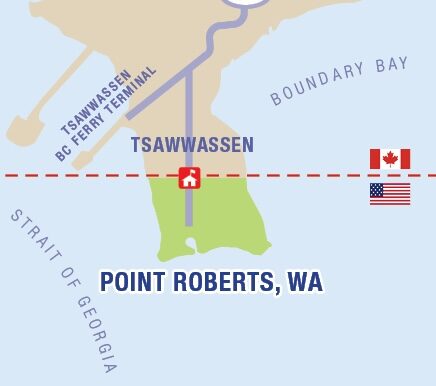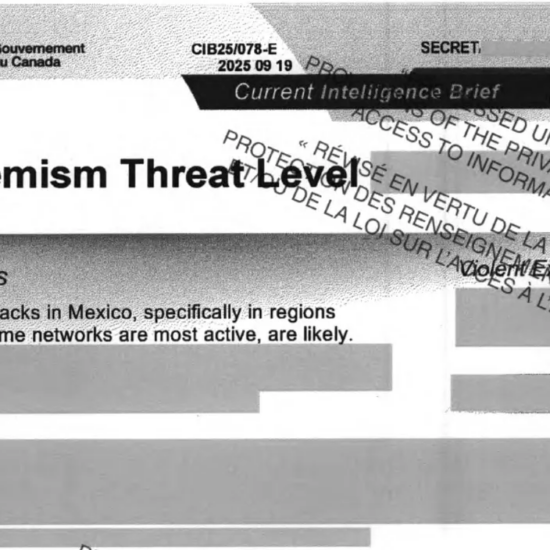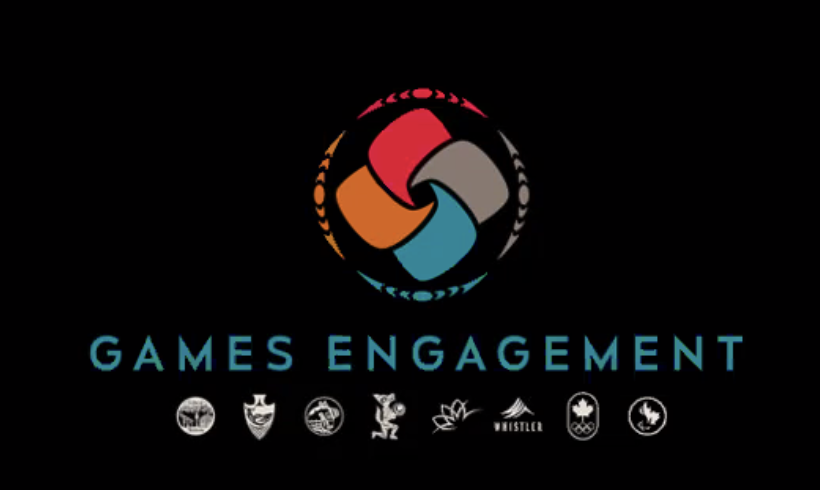
Bob Mackin
The Canadian Olympic Committee has privately warned partners exploring the Vancouver 2030 Winter Olympics bid that the International Olympic Committee will walk away if any of them hold a referendum before next January.
The COC released its 2030 Games concept plan in Whistler on June 14. City of Vancouver, Resort Municipality of Whistler and the Four Host First Nations are expected to each decide whether to proceed with the bid in July.
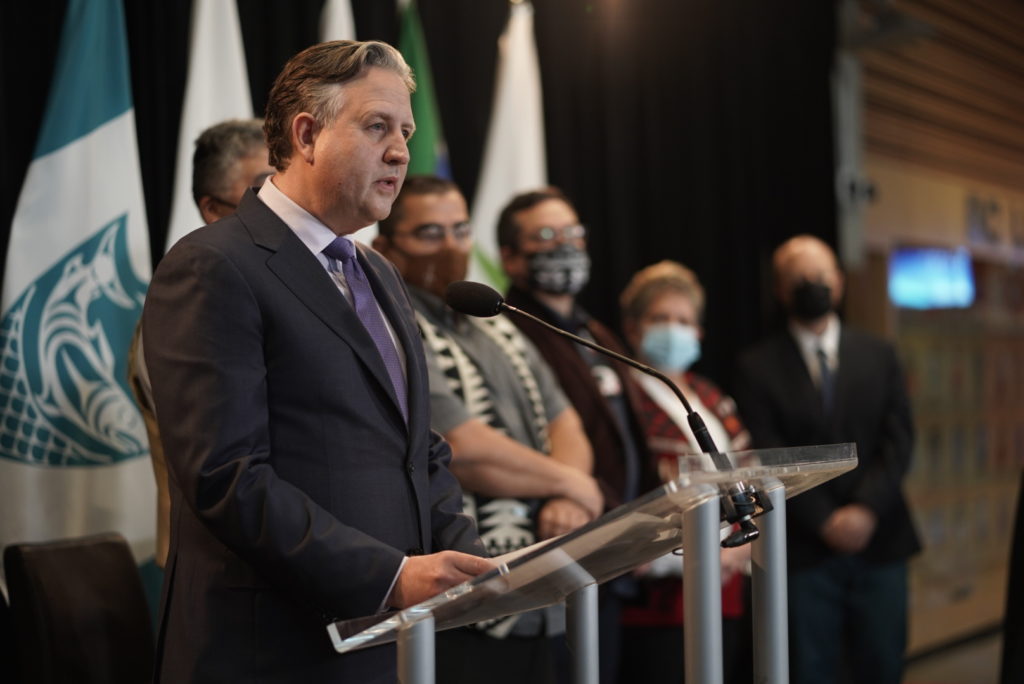
Vancouver Mayor Kennedy Stewart on Dec. 10 (City of Vancouver)
But sources say that a referendum is heavily discouraged because the COC, which is acting as the de facto bid committee, told the six councils that it would ruin the COC’s potential negotiations with the IOC under the new “targeted dialogue” method of awarding the Games.
In April, Coun. Colleen Hardwick unsuccessfully proposed a yes or no question about the 2030 bid for Vancouver’s Oct. 15 civic election ballot. No one else on city council seconded the motion.
Neither the IOC nor COC have responded for comment. The 2002 host, Salt Lake City, and the 1972 host, Sapporo, Japan, are preparing formal bids. Summer 1992 host Barcelona is also considering. The 2030 host city is expected to be announced when the IOC meets in Mumbai next May.
A Portland, Ore. political science professor and author of several books on the politics and economics of the Olympics said the IOC suffers a “democracy deficit.”
“The International Olympic Committee likes to tell the prospective cities for the Olympics, that the Olympics are going to be this really big deal when you get them,” said Jules Boykoff of Pacific University. “And yet, they’re apparently not big enough of a deal to let everyday people in the Olympic city or the Olympic province get a chance to actually vote and have their say.”
In 2019, the IOC studied whether cities should hold a referendum before they become official hosting candidates, but stopped short of making it a requirement.
“So it’s a total U-turn from that position,” Boykoff said. “Of course, at that time, what we were seeing was this spate of cities staying ‘no thank-you’ to the Olympics, some dozen or so cities between 2013 and 2018.”
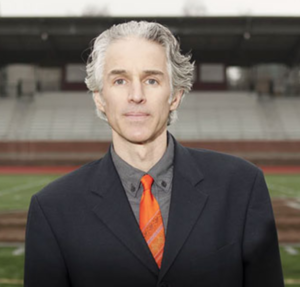
Jules Boykoff (Brian Lee)
One of those was Calgary, which gave up on a 2026 bid after more than 56% of voters in the 1988 host city said no in a plebiscite.
When COPE’s Larry Campbell won the Vancouver mayoralty in 2002, he promised to hold a plebiscite on Vancouver’s 2010 bid. It passed with support of 64% of voters in February 2003. Four months later, the IOC chose Vancouver as the 2010 host.
Many questions remain about the 2010 Games, which may have cost up to $8 billion including necessary transportation infrastructure. The biggest item was the RCMP-led security operation at nearly $1 billion. The Vancouver 2010 organizing committee (VANOC) never held a public meeting and said in 2014, when it wound down two years late, that it broke-even on a $1.9 billion operating budget. B.C.’s auditor general did not conduct a post-Games audit, VANOC was incorporated beyond reach of the freedom of information law and its files were transferred to the City of Vancouver Archives with restrictions. The public is not allowed to see the board minutes and financials until fall 2025.
Boykoff said the IOC’s resistance to a 2030 referendum has a lot to do with Vancouverites being more sophisticated than they were in 2003 and because of the many post-Games social, economic and environmental challenges.
“I view what happened before, during and even after the Vancouver Olympics of 2010 as part of this crucial pivot point, where the general population of the world is becoming more informed about some of those downsides of the Olympics, the negative externalities, the opportunity cost,” Boykoff said.
The COC’s 2030 Games concept will include its proposed venues list, which Glacier already revealed in May. Most 2010 venues would reprise their roles, except snowboarding and freestyle skiing is proposed for Sun Peaks near Kamloops (instead of Cypress Mountain), curling would be at the Agrodome (instead of Hillcrest Community Centre), the new big air skiing and snowboarding events on a temporary ramp at Hastings Racecourse and nightly medals awards concerts at the PNE Amphitheatre (instead of B.C. Place Stadium). A new Olympic Village would be built at either the Jericho Lands or Heather Lands, both co-owned by three of the four host first nations, the Musqueam, Squamish and Tsleil-Waututh.
Though the bid has been touted as “Indigneous-led,” sources say that has not actually been defined. Every first nation and municipality involved would need to go one step beyond a memorandum of understanding with a legally-binding multiparty agreement that spells-out details of hosting rights and responsibilities. The number of signatories could be as high as 17 and could take the rest of the year to negotiate.
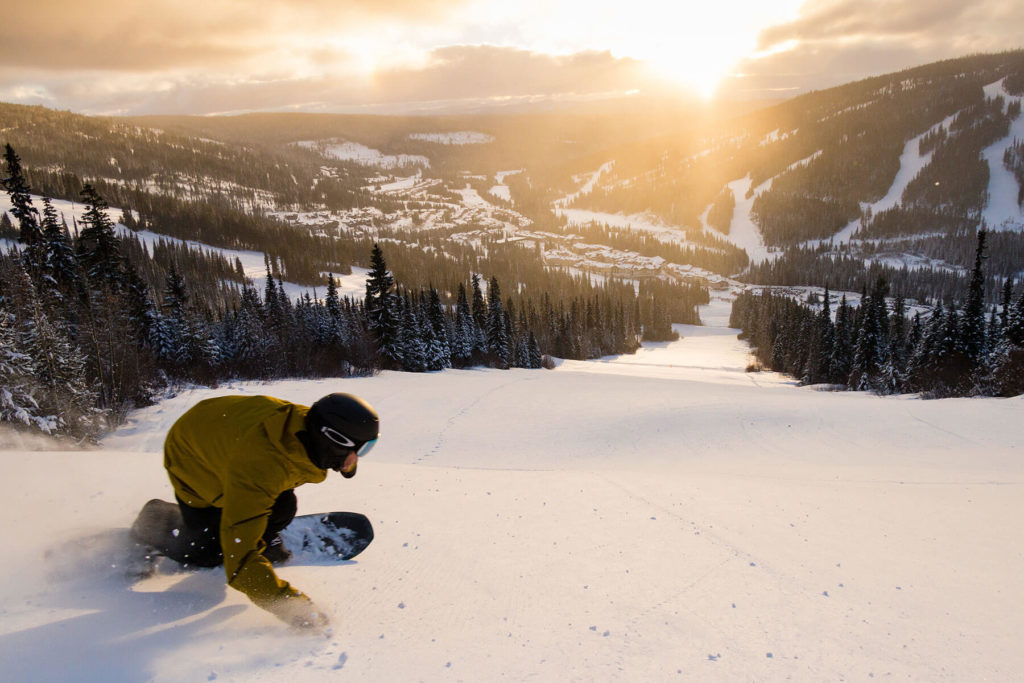
Snowboarding at Sun Peaks near Kamloops (Sun Peaks Resort)
The B.C. NDP government said in May that it has not agreed to support the bid, leaving the municipalities and first nations on their own for now. If the bid proceeds after July, sources say the COC plans to make formal proposals this fall to treasury boards in Victoria and Ottawa. Federal policy says it will fund up to 35% of a major event, but it is up to the host province to be the guarantor. For 2010, the B.C. government also diverted resources from healthcare and education budgets and made BC Hydro, B.C. Lottery Corporation and ICBC sponsors, suppliers and even providers of free labour.
The NDP has expressed its two major tourism and event priorities so far: The $1 billion rebuild of the Royal B.C. Museum by 2030 and the 2026 FIFA World Cup.
On June 16, Vancouver is expected to be named as host of up to five World Cup matches, along with Toronto. The total cost to taxpayers could be $550 million.
Staff at 12th and Cambie already have a busy major event schedule. Vancouver’s Formula E race was scheduled for July 2, but cancelled due to lack of permits. It could happen in 2023. Meanwhile, Vancouver is expected to host the Grey Cup in 2024, before Prince Harry’s Invictus Games for wounded military veterans in early 2025.
Support theBreaker.news for as low as $2 a month on Patreon. Find out how. Click here.







